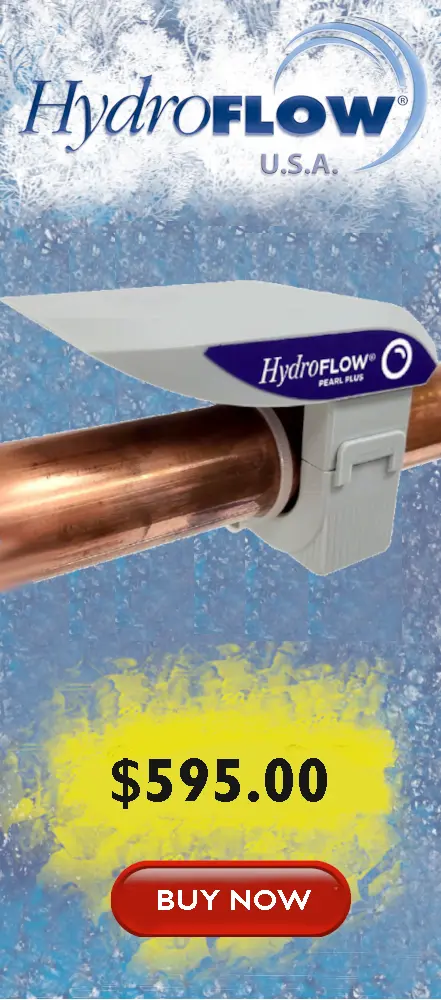Maine
Water Quality in the State of Maine
Maine, the northernmost state in the US, has picturesque lighthouses, laden rocky coastlines, rolling mountains and tranquil waterways. Maine is well known for its sea fare, specifically lobsters and clams. The state’s signature dish is lobster rolls and people visit far and wide to sample the fresh-tasting treat. Sebago Lake, the largest lake in the state, supplies nearly 1/6 of Maine’s potable drinking water.
Water Hardness by City
The entire state of Maine, experiences relatively soft water with a state average of 12 PPM. Because of this, most residential homes do not experience scale related issues. Portland Maine, the most populous city in the state has a water hardness level of 10 PPM which is considered very soft according to USGS measures of water hardness.
For more information on water hardness in specific cities, please see table below.
PPM = Parts Per Million
mg/L = Milligrams Per Liter
gpg = Grains Per Gallon
Forestry and Water Hardness
Manufacturing is the second highest-grossing income for the state of Maine. The top manufacturing industry is pulp and paper. Paper mills are one of the largest water users in United States industry. Using an average of 54 m3 of water for every metric ton of pulp and paper. In addition, all manufacturing phases in a pulp and paper plant require the use of water. Proper water treatment for heat exchangers, pumps and liquor piping lines is imperative to keeping operations running smoothly.
Processing pulp and paper generates wastewater and sludge which requires extensive treatment prior to disposal. Water hardness levels in some manufacturing plants can be high, and manufacturing equipment can deteriorate at a rapid pace and experience efficiency loss. Read how HydroFLOW helps increase Paper Mills process efficiency here.
Solutions to your Water Quality Problems
Fixing your water quality issues in the state of Maine will depend on your specific water source. It is best to test your potable water supply in order to get a better understanding of your water quality. Testing is relatively cheap. The test results will allow you to understand if your potable water has issues that need to be addressed. Common solutions to water contamination problems may include a water filtration system, a reverse osmosis system or other whole home water treatment solutions.
A problem that some Maine residents or companies will have to deal with is hard water. One old-fashioned, inefficient, expensive and unhealthy method to treat hard water is with a salt-based water softener. Most people don’t realize that if you’re using a water softener you are basically removing calcium and magnesium from your drinking water and adding salt to your diet. In addition, many states are banning the use of salt-based water softeners.
Alternative water treatment solutions such as “water conditioners” have been gaining popularity in recent years because they are cheap to operate and the best eco-friendly solution for hard water. Hydropath technology, which powers the HydroFLOW water conditioners is by far the most efficient and cost-effective eco-friendly solution to deal with hard water problems. To learn more about how HydroFLOW solves the problems created by hard water, please check out our technology page. You might want to read this blog that explains the difference between water conditioners and water softeners: Water Conditioner vs. Water Softener Blog.



